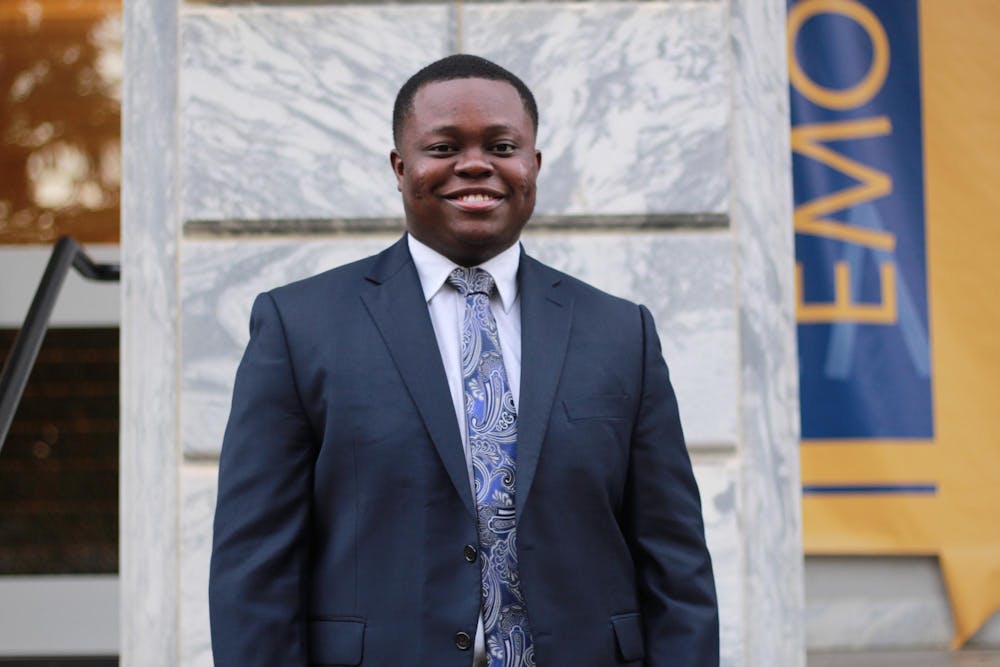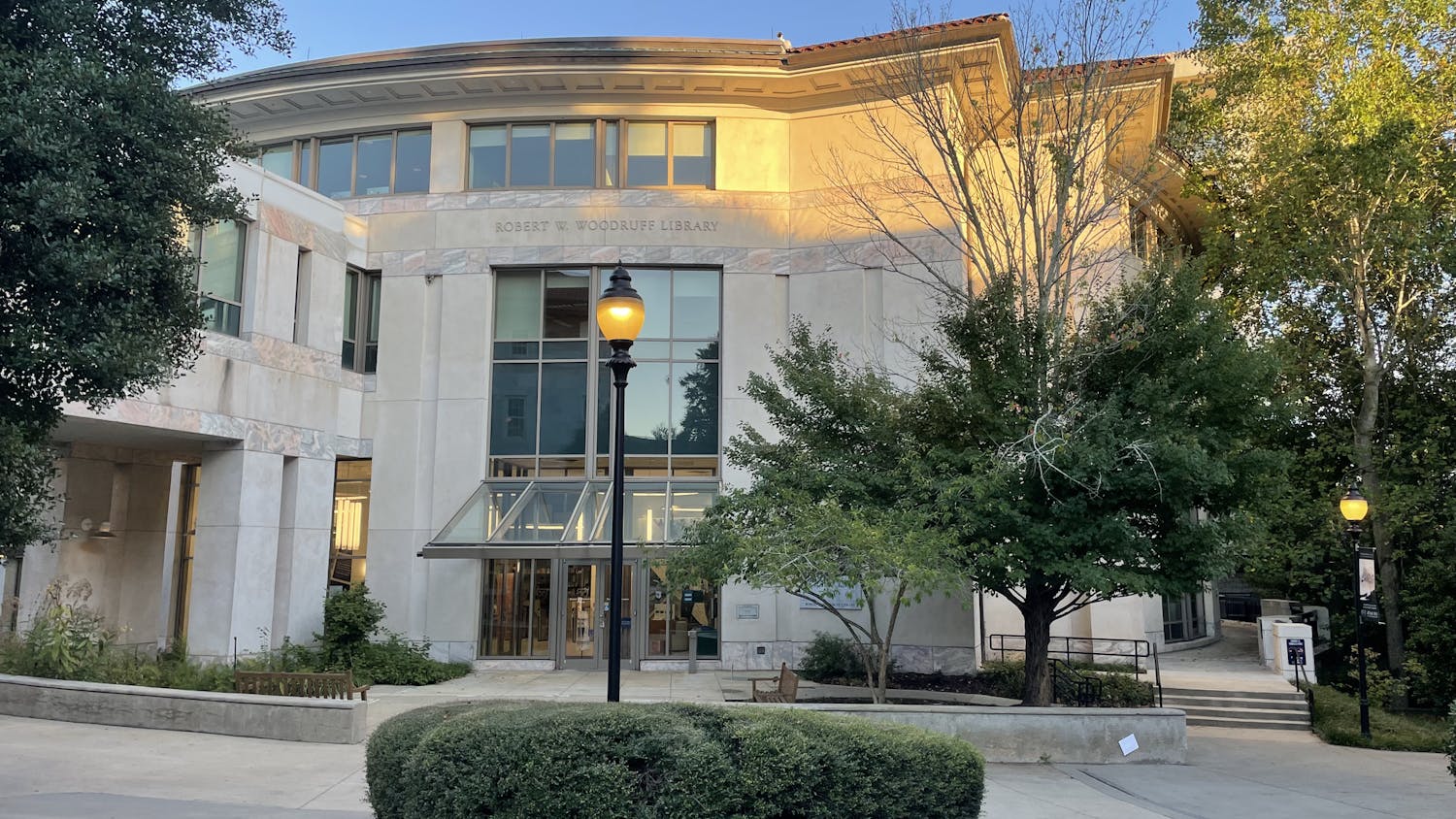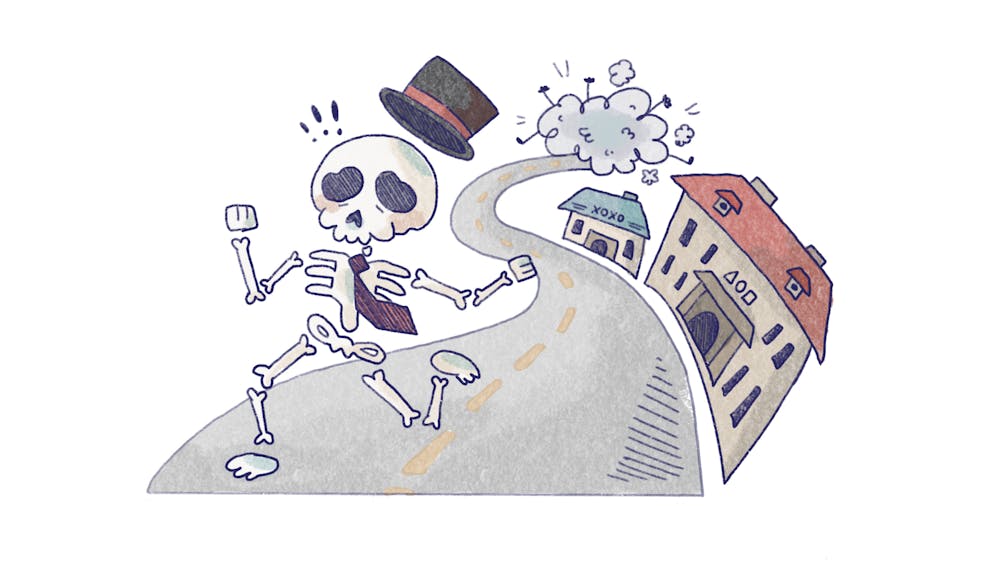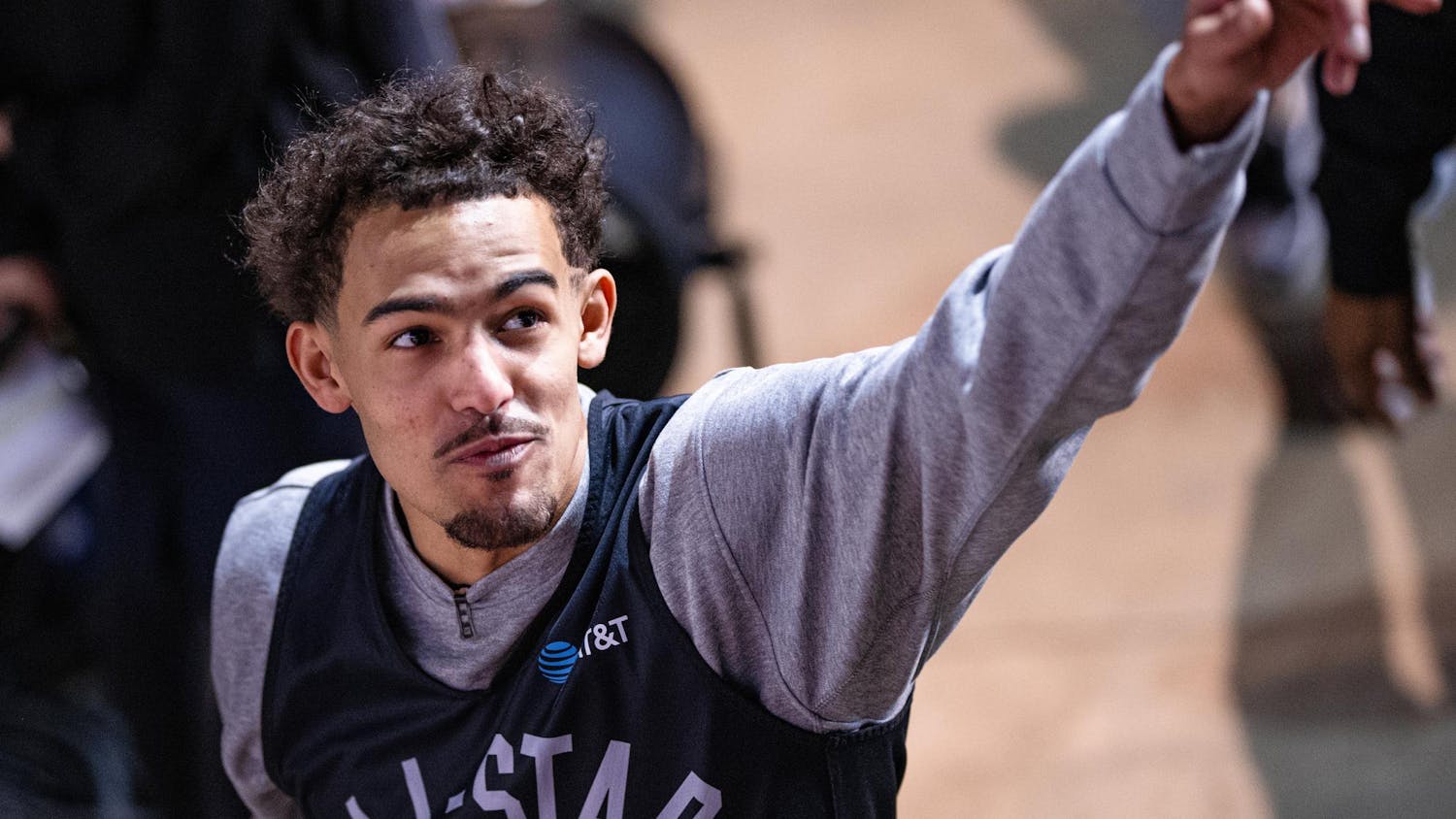Earlier this year, I remember sitting in a campus meeting with Emory University administration — one of many I attended as president of the Emory National Association for the Advancement of Colored People (NAACP) — where we were once again talking about “change.” The kind of “change” that gets turned into buzzwords in campus-wide emails and stretched into future plans that never seem to arrive. I was surrounded by people in suits, people with titles and people who nodded solemnly but rarely said yes. We were discussing something that had real consequences for students like me. I made my case calmly and clearly. The room was quiet. Then someone thanked me for sharing my perspective. That was it.
I walked out wondering if anything I did at Emory would actually matter.
While at Emory, I have cared deeply about the experiences of marginalized communities — about Black students trying to feel seen, about communities outside the University gates that deserve more than symbolic partnerships and about the gap between the University’s values and the way they sometimes show up in practice. I did not expect perfection from Emory. But I also did not expect the burden of change to fall so heavily on the students who need it most.
Throughout my four years at Emory, there were many times I felt tired, frustrated and burnt out. There were weeks when I went from class to a student government vote to mock trial practice to planning an NAACP initiative before ending the day writing emails that might go unanswered. I would watch my peers pour their time and energy into initiatives only for their plans to stall behind the University’s bureaucracy. It was easy to feel like we were shouting into a void.
But, there were also moments that reminded me we were not alone — and that we were making a difference for future students of color on Emory’s campus.
Just a few months ago, a racist incident — the N-word being written on McDonough Field — sparked intense conversations about campus climate, safety and belonging. In the days that followed, emotions ran high. There was grief, anger and a familiar ache of exhaustion — the kind that comes from being expected to both educate and endure at once.
I remember the Black Emory community coming together during a caucus meeting soon after. We sat in Goodrich C. White Hall and began drafting a list of student-driven requests. We were tired. Many of us felt like we were fighting alone. But, in that room, something shifted. That night was not just about what someone had done to us. It was about what we were building together. We listened. We debated language. We crafted a document rooted in care, accountability and our shared belief that Emory could — and should — do better.
Then we followed through. We scheduled meetings with administrators and wrote formal proposals. It did not create overnight change, but those meetings signified progress. I watched conversations with administrators open up around student safety and direct engagement with student leaders. I saw campus-wide policies begin to shift and I witnessed a campus start to take student voices seriously.
Those moments were not always loud. They did not make headlines. But, they were real. And, in those moments, I saw the Emory I believed in — not the one printed on brochures, but the Emory being built in small, intentional acts of care and resistance. The Emory that lived in the students who refused to accept business as usual while they were here. The Emory that lived in the people who pushed for better, even when better felt so far away.
I have worn many hats at Emory — student, leader, advocate and bridge-builder. And, I have learned that sometimes, the work is exhausting. Sometimes you lose sleep. You wonder if anyone is listening. You ask yourself if you are doing too much or not enough. But, then you see someone show up because of something you have built. You see a first-year student step into leadership. You see ideas that once lived on a group chat turn into policy, dialogue or a new tradition.
That is what keeps me going.
The world we are entering as graduates is fractured in ways that demand more than just intelligence and ambition. The future demands courage. It demands empathy. It demands that we not only recognize our differences but find strength in our common ground. As seniors, we have spent years growing within this community, learning what it means to lead, to listen and to stand firm in our convictions while still making space for others.
I still believe in Emory — not because it is perfect, but because its students refuse to let it be ordinary. I have seen what is possible here, and that possibility is enough to keep me fighting.
Guyberson Pierre (25C) is from West Palm Beach, Fla., and studied sociology and philosophy, politics, and law. At Emory, he was involved with NAACP, Ben Pius Mock Trial, Student Government Association, Lifting Our Voices, Black Male Initiative and Wonderful Wednesday. After graduation, he will join EY-Parthenon as a strategy & transactions associate with an eye towards law school in the future.










